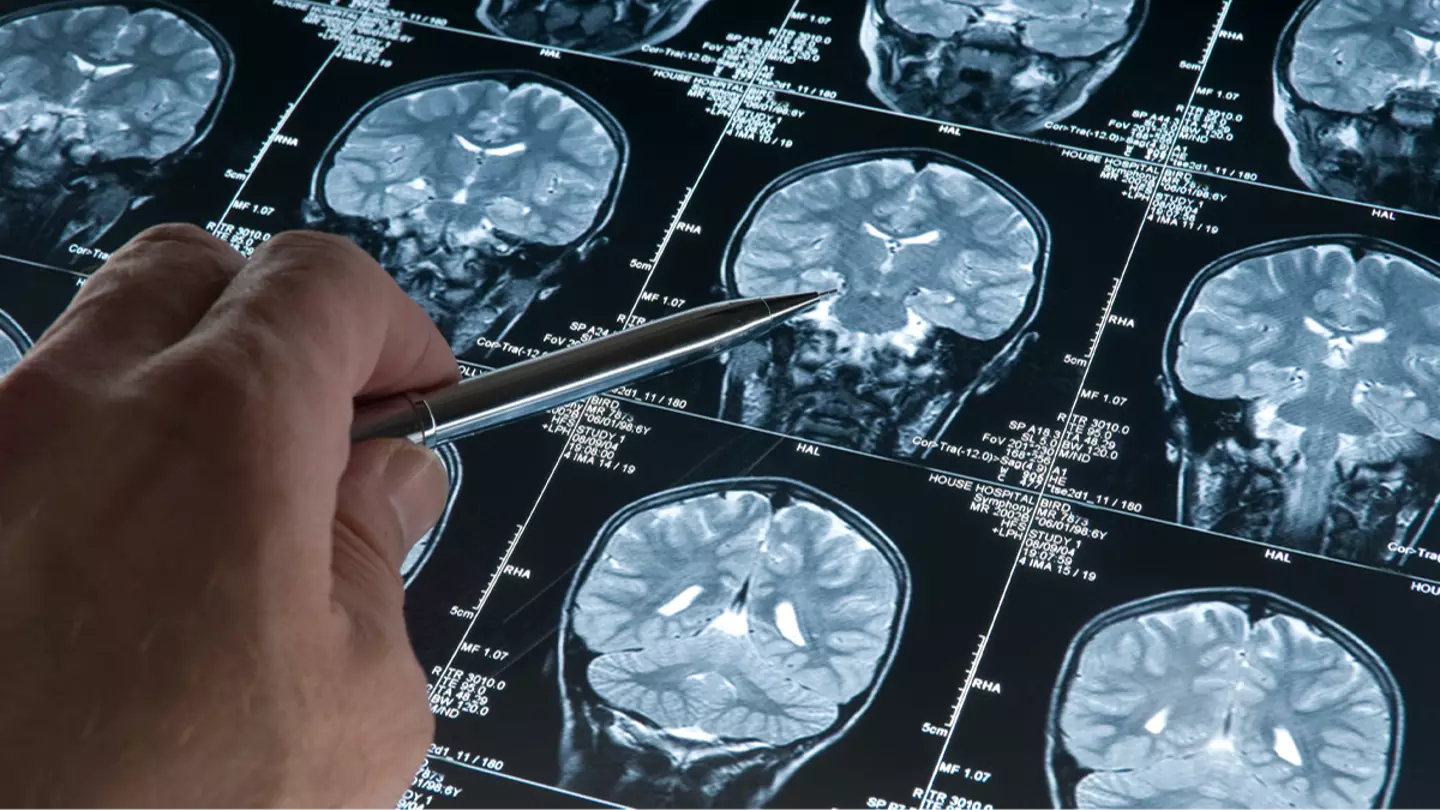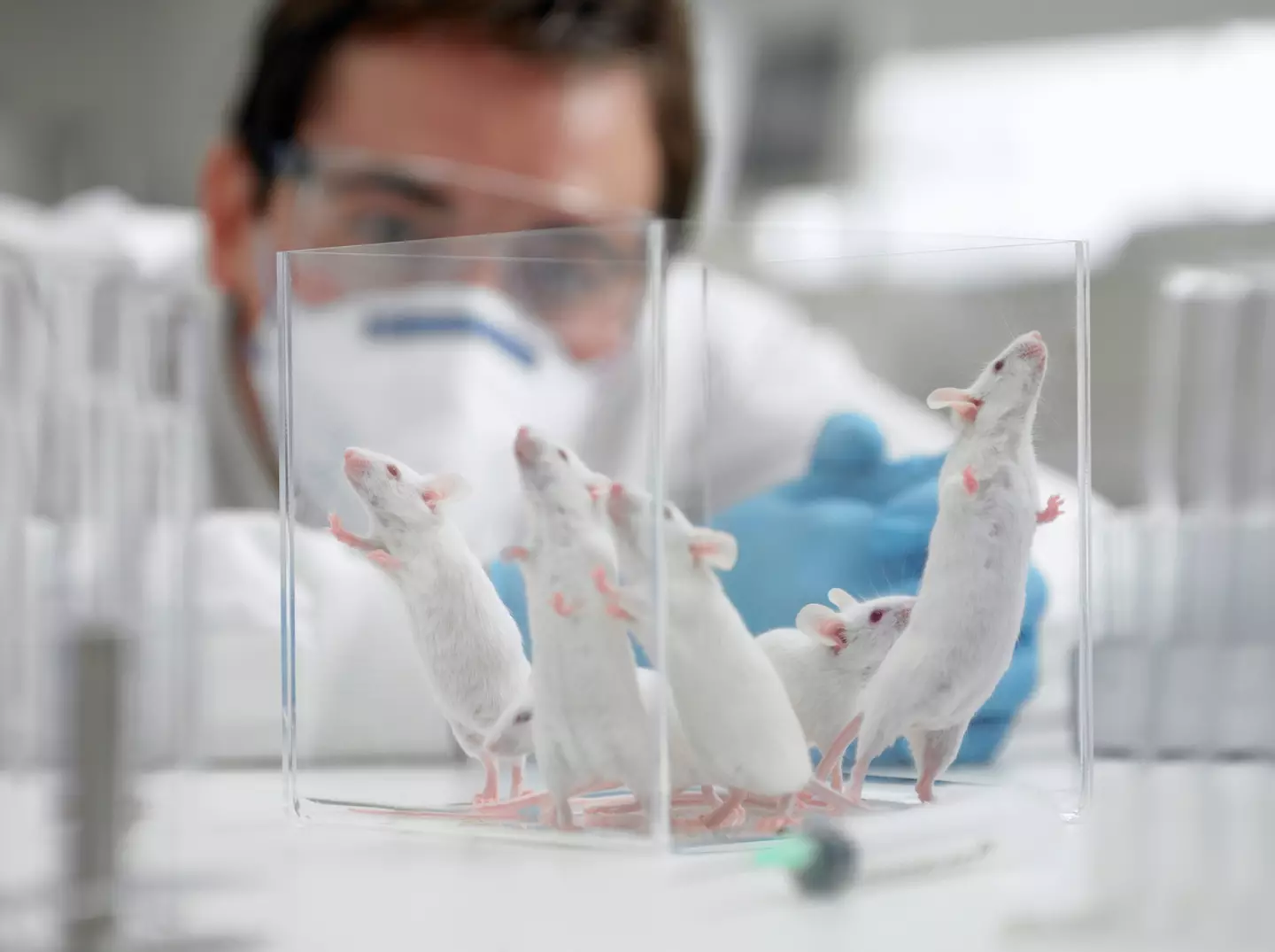
Scientists are 'excited' after finding not one, but two FDA-approved drugs that may help with Alzheimer's disease.
For anyone who's had a loved one with Alzheimer's disease, you'll know what a devasting condition it is to have.
It affects over seven million Americans, says the Alzheimer's Association — a number that's expected to rise to 13 million by 2050.
Despite the heartbreakingly high rates in the US (and the rest of the world), their remains to be no cure for the disease. There are simply treatments to help the patient manage with the symptoms that Alzheimer's brings and to help improve their quality of life.
Advert
The life expectancy for someone with the illness is around eight to 10 years, which is a very long time to watch a family member slowly succumb to such a disease.

But in an optimistic new update, scientists have found that there are already two FDA-approved drugs that could help Alzheimer's patients.
The two drugs in question are for cancer, and researchers trawled through the FDA's database of its 1,300 approved drugs to look for medications that reverse Alzheimer’s‑associated gene expression, New York Post reports.
The team from the University of California San Francisco (UCSF) also went through millions of electronic medical records of adults over 65 to get their results.
They went on to pinpoint letrozone and irinotecan as two medications that may prove beneficial to Alzheimer's patients.
Researchers tested a combination of the two drugs on mice and noted a reversal of the gene expression changes that were initiated by Alzheimer’s, explains Fox News.
They also spotted a reduction in a key marker of Alzheimer’s, that being a reduction in tau protein clumps (also known as neurofibrillary tangles) in the brain.

Discussing the huge breakthrough, Marina Sirota, the interim director of the UCSF Bakar Computational Health Sciences Institute, said: "Alzheimer’s disease comes with complex changes to the brain, which has made it tough to study and treat, but our computational tools opened up the possibility of tackling the complexity directly.
"We’re excited that our computational approach led us to a potential combination therapy for Alzheimer’s based on existing FDA-approved medications."
"Alzheimer’s is likely the result of numerous alterations in many genes and proteins that, together, disrupt brain health," Yadong Huang, a professor of neurology and pathology at UCSF, added.
"This makes it very challenging for drug development — which traditionally produces one drug for a single gene or protein that drives disease."
If you've been affected by dementia or Alzheimer's and would like to speak with someone in confidence, contact the Alzheimer's Association via 800.272.3900 open 24 hours seven days a week.